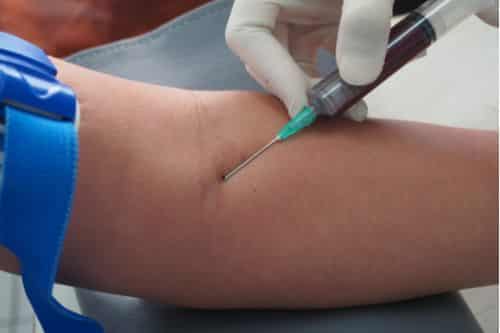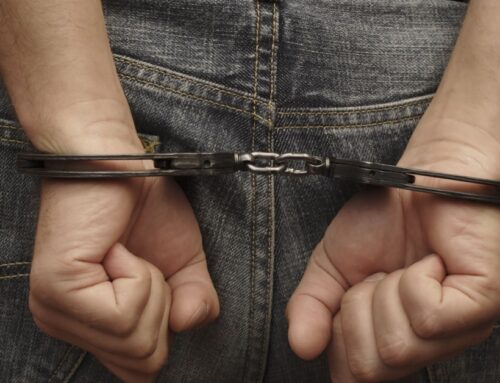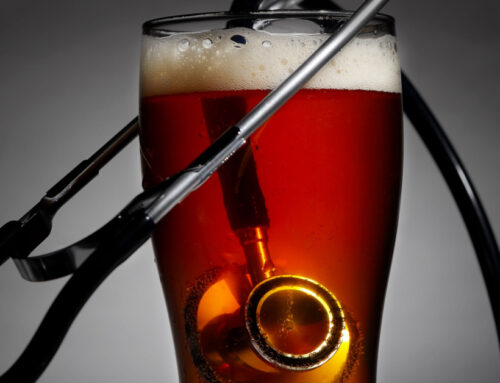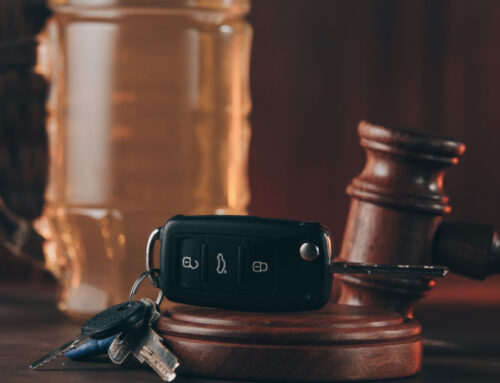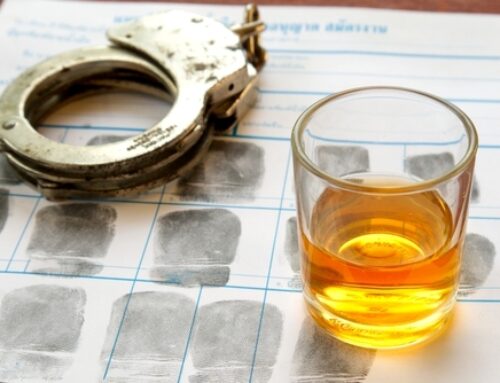In Arizona DUI cases, the defendant’s blood alcohol concentration (BAC) can serve as strong evidence of guilt—as long as the defendant’s BAC test result is legally admissible in court. While the police typically test DUI suspects’ BAC with a breathalyzer device on the side of the road, in some cases, they will obtain a blood sample instead.
One scenario in which the police may choose to obtain a blood sample rather than administering a breath test is when the suspect is unconscious. The police may also seek to obtain a blood sample when a DUI suspect needs emergency medical care (i.e., in the case of a DUI-involved accident).
Understanding Arizona’s Medical Draw Exception to the Warrant Requirement for Blood Samples
But what about a warrant? If a DUI suspect is incapable of providing consent because they are unconscious, or if the police want to obtain a sample from blood drawn by a medical provider, don’t the police need to obtain a warrant under the Fourth Amendment?
Not necessarily.
Generally speaking, yes, the police need a warrant to obtain a blood sample without the suspect’s consent. This is rooted in the Fourth Amendment’s protection against unreasonable searches and seizures. However, just as there are various circumstances in which the police can conduct a search without a warrant (i.e., when evidence is in plain view in a suspect’s car), there are also various circumstances in which the police can seize a blood sample without getting a warrant from a judge.
One of these circumstances is when Arizona’s “medical draw exception” applies.
What is Arizona’s Medical Draw Exception?
Arizona’s medical draw exception allows the police to obtain a blood sample taken for medical purposes without a search warrant. It appears in Section 28-1388(E) of the Arizona Revised Statutes:
“Notwithstanding any other law, if a law enforcement officer has probable cause to believe that a person has violated section 28-1381 [Arizona’s DUI statute] and a sample of blood, urine or other bodily substance is taken from that person for any reason, a portion of that sample sufficient for analysis shall be provided to a law enforcement officer if requested for law enforcement purposes. A person who fails to comply with this subsection is guilty of a class 1 misdemeanor.”
This law entitles the police to obtain a medically drawn blood sample without a warrant. It exposes healthcare providers to criminal prosecution if they fail to comply with a police request.
Crucially, the police cannot simply request blood samples from doctors whenever they want to. Section 28-1388(E) requires the police to have “probable cause” to believe that the patient/suspect is guilty of DUI. In the absence of probable cause, the police cannot use Arizona’s medical draw exception to obtain a blood sample for testing without a warrant (the police also would not be able to obtain a warrant without probable cause).
What does it take to establish probable cause? To establish probable cause to obtain a blood sample under Section 28-1388(E), a police officer must have a reasonable belief, based on valid evidence, that the suspect has violated Arizona’s DUI law. The existence of probable cause (or lack thereof) is judged on a case-by-case basis. The officer’s observation of the suspect’s driving, eyewitness statements, the driver’s own statements, an open container in the suspect’s vehicle, and various other forms of evidence can all potentially be used to establish probable cause for warrantless seizure of a blood sample under Arizona’s medical draw exception.
When Can the Police Use Arizona’s Medical Draw Exception?
In addition to the probable cause requirement, there are other restrictions on the police’s ability to use the medical draw exception. Specifically, for Arizona’s medical draw exception to apply:
- The suspect must consent to treatment or be incapable of directing their own medical care. In the 2017 case of State v. Nissley, the Arizona Supreme Court held that to rely on the medical draw exception, the state must be able to prove that “ the provision of medical services did not violate the suspect’s right to direct his or her own medical treatment.” This means that the suspect must have consented to treatment (expressly or impliedly), or the suspect must have been incapable of providing their consent (i.e., due to being unconscious).
- The suspect’s blood must have been drawn by medical personnel for medical purposes. The medical draw exception only applies to a true medical draw. This means that a doctor or nurse must have drawn the suspect’s blood for a reason related to their medical treatment. In other words, the police cannot take a suspect into custody, have their blood drawn by a doctor, and then claim that this was a “medical draw.”
- Exigent circumstances must make it impractical for the police to obtain a warrant. The medical draw exception does not give the police free rein to obtain a blood sample without a warrant under all circumstances. If the police can reasonably obtain a warrant, then they are still required to do so.
In-State v. Nissley, the Arizona Supreme Court also held that the state has the burden of proving that suspect consented to treatment (or was incapable of consenting to treatment) to rely on the medical draw exception. If the state cannot prove this, then it cannot rely on the exception. This is a key element of the Court’s opinion, and it is an element that DUI defendants will be able to use to their advantage in many cases.
Request a Free DUI Defense Consultation at The Weingart Firm
If you face a DUI charge after the police obtained your blood sample from your healthcare provider, you should promptly discuss your case with a Phoenix DUI defense lawyer. For a free, no-obligation consultation at The Weingart Firm, call 480-405-7922 or get in touch online now.

